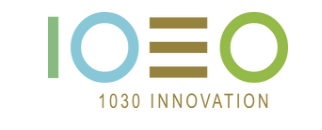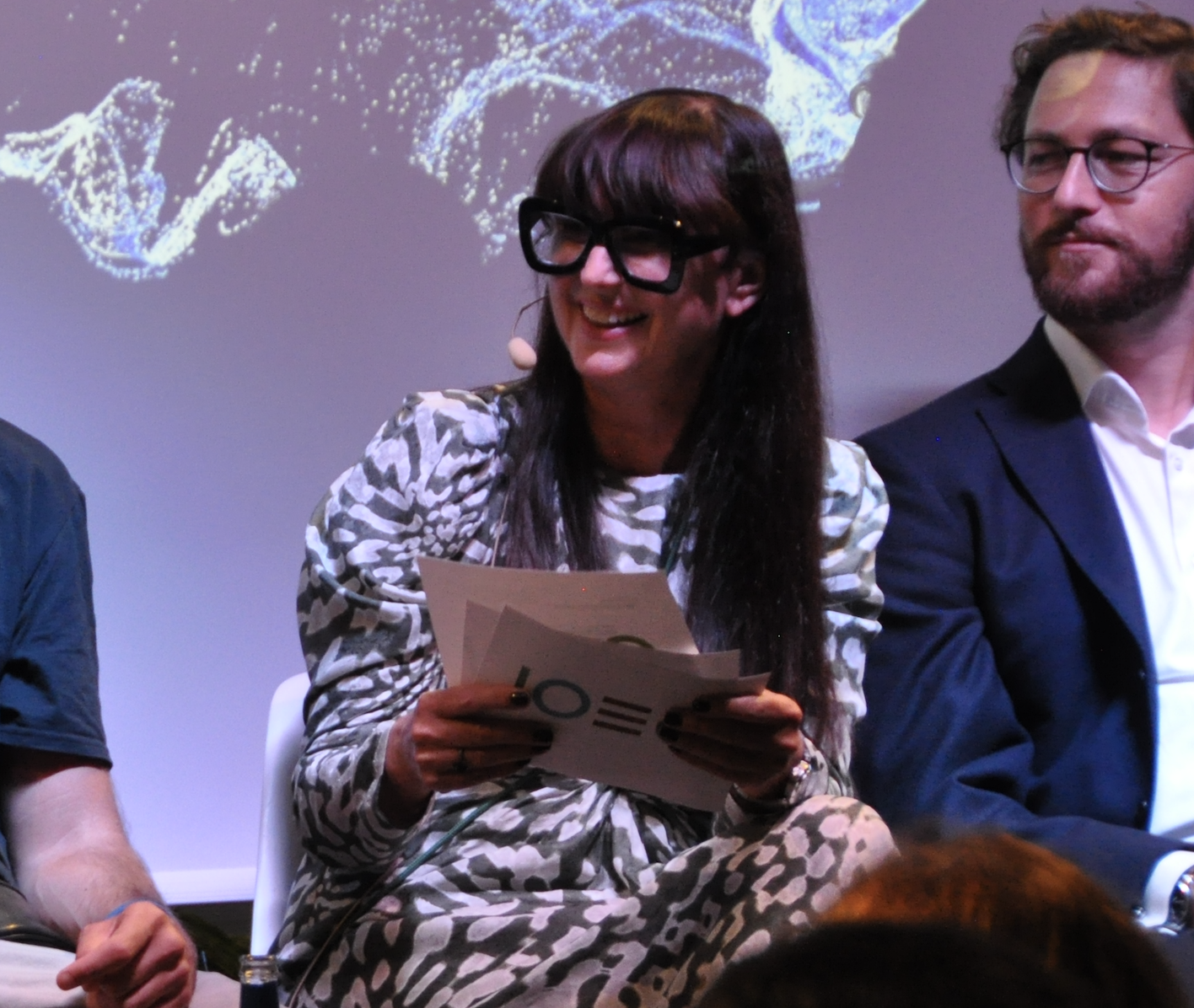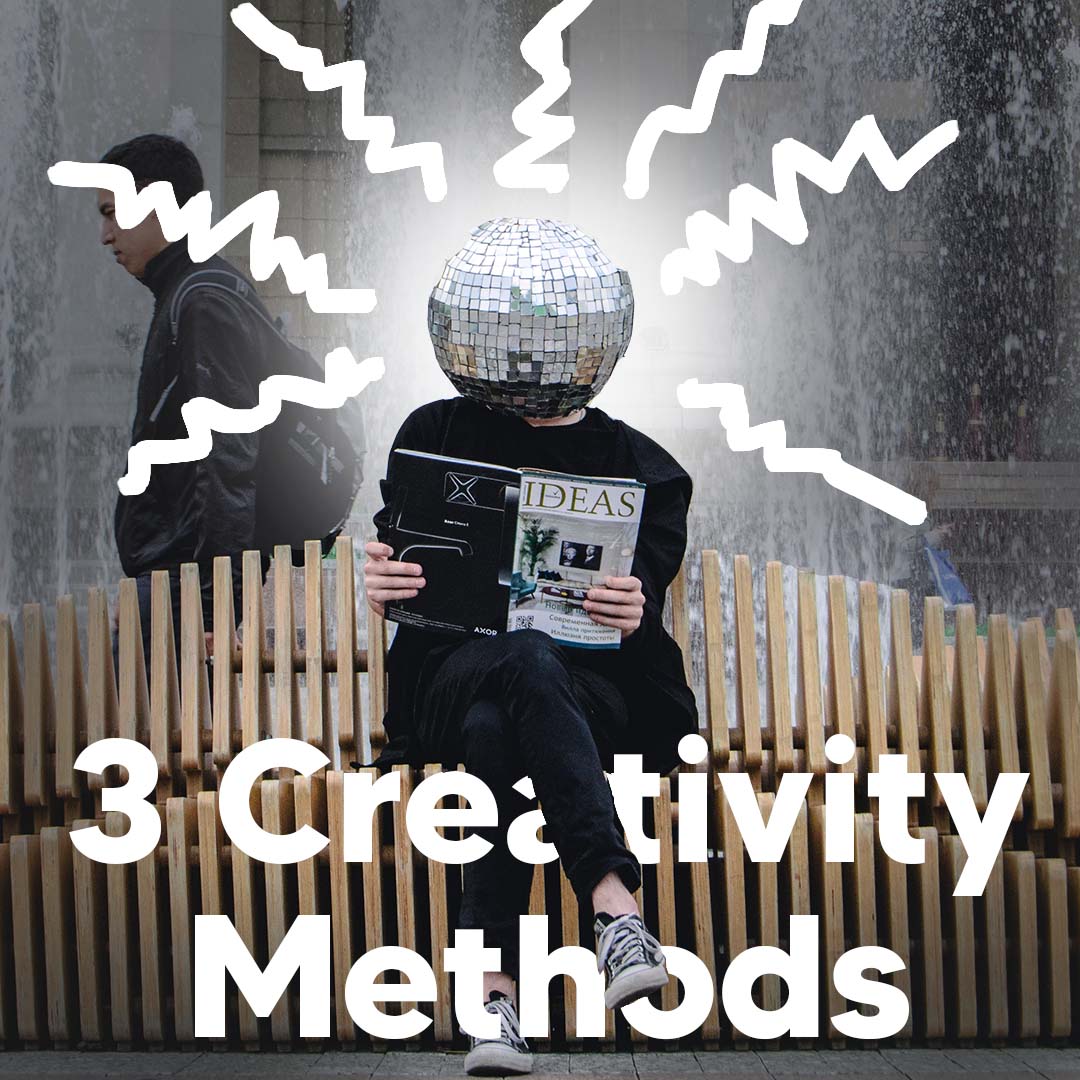What will we eat in 2050? How and where we will grow our food? How do the food experience and the food culture of the future look like?
To answer these questions, the Austrian Chamber of Commerce (WKO) organized the Future of Food Event that took place in Vienna on September 30th. The team of 1030 Innovation was happy to help WKO curate the event, develop a program for the evening and moderate it.
No one knows exactly how food industry will look like in 2050. One way to predict the future is to observe the new cutting-edge solutions and promising under-the-radar developments.
Cécile Cremer, the founder of a trend consulting firm Wandering the Future and president of the global Trend Network LaFutura, shared some innovative examples that have the potential to become the next big thing in the food industry of tomorrow. Will we replace all of our meals with one pill? Will we shop at a 24/7 mobile supermarket that is called like an Uber? Will we do a blood/urine test before ordering a portion of sushi at a restaurant?
Inspired and surprised by some of the examples, we continued the evening and took a look at a variety of different aspects associated with food in a greater detail: sustainability and production, health, technology, culture and experience.
Together with Anneliese Schmidinger (Helga, algae), Philipp Stangl (Rebel Meat, hybrid meat) and Samuli Taskila (Entis, insect protein) we explored the future of the protein and the ways to make protein production more SUSTAINABLE. Daniel Podmirseg from the Vertical Farm Institute talked about vertical farming as one of the most promising and efficient ways to organize food production in the world where more than 50% of the world’s population lives in urban areas. Katharina Unger, the founder of Livin Farms, proved that everyone can make a difference when fighting food waste. Livin Farms products empower consumers not only to grow their own insect protein at home but also to recycle their food waste into fertilizer.
We all know the saying “You are what you eat”. That’s why many consumers change their diets, choosing food that has added HEALTH benefits. Dr. Kirill Veselkov from Imperial College of London told the audience more about the role of AI driven precision nutrition and dietary choices in preventing many known diseases, including cancer.
TECHNOLOGY has an incredible potential to take the food industry to the next level, both for the businesses and consumers. Lynette Kuscma from Natural Machines presented Foodini, a 3D food printer that enable restaurants and individual consumers to personalize food, eat healthier, improve kitchen efficiency and lower food waste. Afterwards, we moved from technological advancements to less tangible aspects of food.
Susan Choi, a food entrepreneur and the owner of the Berlin-based bar Mr. Susan, shared with the audience her take on the food CULTURE of the future, influenced by globalization, traditions, growing consciousness and changing choices.
The conversation about the future of food would be incomplete without looking into the food EXPERIENCE. Oxford University Professor Charles Spence and chef Jozef Youssef took us on a journey into the world of gastrophysics and multisensory food experiences. The chef and the scientist duo demonstrated how, for example, music or smells can change our perception of flavour.
After the official part of the evening, participants had a chance to network and try the protein of the future.
Thank you all for coming and we hope to see you all at one of our future events!
Written by Olga Bratsun




